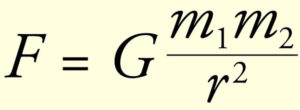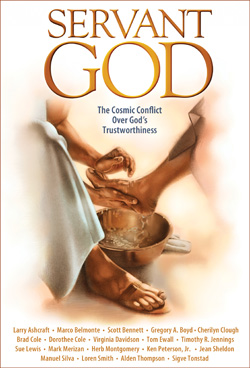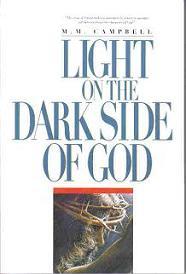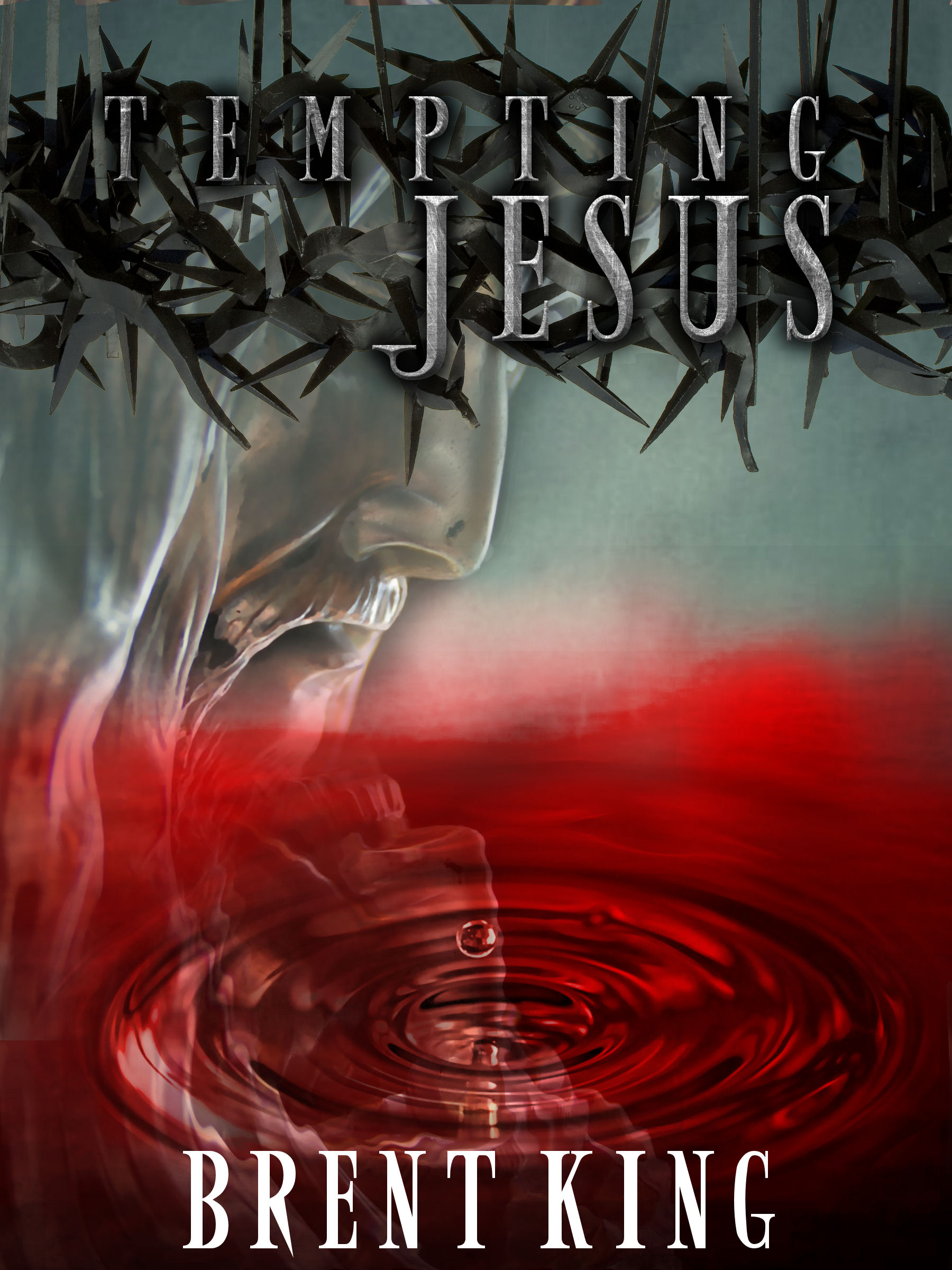Design Law
 God’s moral law contains the inevitability of cause and effect. It is descriptive law with intrinsic consequences, like the laws of nature. Why does the law require a righteous character? For the same reason the law of respiration requires that we breathe! For the same reason an apple falls to the ground. Because the design and construct of life operates that way. God’s design law needs no arbitrary enforcement.
God’s moral law contains the inevitability of cause and effect. It is descriptive law with intrinsic consequences, like the laws of nature. Why does the law require a righteous character? For the same reason the law of respiration requires that we breathe! For the same reason an apple falls to the ground. Because the design and construct of life operates that way. God’s design law needs no arbitrary enforcement.
“I think the difficulty is that you are conceptualizing of God’s wrath as a disposition. I would say that wrath is the inevitable consequence of our hurtful actions. Biblically it is a parallel concept to “judgment” meaning that it is based on our deeds, not on God’s mood. It’s like “moral gravity” falling down on us. It’s not an emotional mood of God, it is the bad result that flows from our sinful actions connected to a moral universe.
“Think of it this way: a doctor can affirm that sickness flows from a person making bad choices. Say they sit out all night in the cold rain and get the flu. The doctor would tell the person that they should not do that. But they would also act to help that person with shelter and medicine. So the doctor “overcomes” the sickness, while still affirming the laws of medicine. Wrath is like sickness, a sickness that is our fault, which the Great Physician heals. The doctor’s disposition is always one of care.” – Derek Flood
“The governing principles of the spiritual realm are given in the Bible, but most Christians have never been taught what they are or how to use them. They are analogous to physical laws or principles such as gravity, inertia and friction. Like their counterparts, they operate all the time, whether or not people are aware of them and in exactly the same way for both sides of the conflict.” – Terri Fivash
Jean Sheldon on the inevitability of God design law:
“Just as God created the natural world to operate on descriptive laws, so His very nature operates by such law, and natural law is but a limited illustration of God’s moral laws.”
“From Satan’s standpoint, God was the variable and sin was only a problem because it was offensive to God—not because it was intrinsically evil. It’s only when we understand that the law of God works on inevitability, not enforced penalty, that we realize that sin is intrinsically evil—that it is evil because of what it causes, not because God doesn’t like it. God doesn’t like it because of what it causes, not because of some personal antagonism to sin that is simply His own arbitrary will. It’s not arbitrary at all. Sin is inherently evil because it destroys sinners, and God hates it because it destroys those He loves.”
“What didn’t the angels understand at the beginning of the great controversy? ‘Had Satan and his host then been left to reap the full result of their sin [equals cause-effect], they would have perished,’—not they would have been destroyed—‘but it would not have been apparent to heavenly beings that this was the inevitable result of sin (The Desire of Ages, 764).’ This is the core problem in the great controversy. This is why Jesus had to die. The stronghold and core of the legal model—on which it rises or falls—is imposed penalty. This is partly what makes it ‘legal’ as opposed to ‘moral’ and ‘spiritual.’ In a legal system, law enforcement has to enforce the penalty arbitrarily and externally; in God’s moral system, punishment is ‘the inevitable result of sin.’ To put her statement in other words, had God chosen to let Satan and his followers suffer the ‘inevitable results’ of their rebellion immediately, they would have suffered the final death then and there. But that death would have been seen by some throughout God’s universe as divine execution, and thus as an imposed penalty. It would not have been clear to those watching that it was inevitable consequences.”
“By His life and death, Jesus established that God’s law is rooted in intrinsic consequences. His death also revealed that the nature of God is love and that love is experiential and rooted in cause-effect, and thus God’s love can effect great change in people. God could and did win people to love and trust Him so that He could heal them from sin. Thus justice and mercy are totally blended, since justice is but letting people go to their choice and its consequences while forgiveness is letting go of the sins of sinners. The variable in the process here is not God, but the choice of the sinner.”











